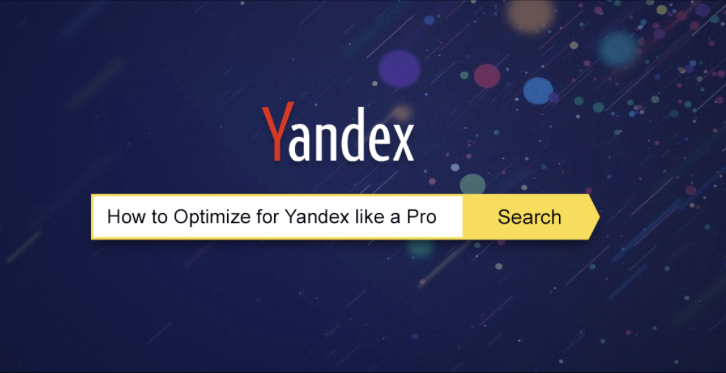Yandex SEO – Available for Yandex Search (the main search engine in Russia) Below are some important practices and factors about Yandex SEO:

Local SEO and Geonavigation: Like local search, Yandex puts a lot of weight on local search. The Yandex Business Directory publishes business details (name, postcode, telephone number, etc.) for location-dependent queries, so be sure to use that. Moreover, covering regional key words in content or meta data and even separate regional subdomains may focus on users in specific Russian regions.
Focus On User Behavior: User behavior metrics are very important to Yandex. This also counts how long users spend on your site, if they return to the site or visit similar sites after a visit, etc. So, you must create high-quality content that keeps users on your site. It also tracks behavior through Yandex. Metrica that allows you to dive into the site logs to improve user engagement. Pop-ups, especially intrusive ones, can also be penalized as they are not a good user experience.
Content Quality: Just like Google, Yandex values quality and relevant content. After that, it runs algorithms to identify duplicate or low-quality content, which is what it is looking for, and that can attract penalties. The content must be original, be useful and correspond to the Russian audience, in most cases, this means you will need to translate to Russian to the content performed well.
Technical SEO: Yandex has some JavaScript issues, especially with indexing single page applications without prerendering. But Yandex has its own tools such as Yandex Webmaster, similar to Google Search Console, where you can manage sitemaps, robots. txt permiten a tus amigos en Yandex ver cómo anda tu sitio.
Link Building: Backlinks play an important role in Yandex SEO, although less so than in Google. Yandex has shifted focus towards user engagement rather than just quantity of links, but relevant and organic backlinks from authoritative domains will still help to improve your site’s ranking.
Domain Age: Domain age is relevant to Yandex; they consider old domains more authoritative and therefore all other parameters being equal, it is harder for new websites to rank highly in competitive queries. That said, with regular high-quality content and decent SEO practices, even newer sites can get good ranks in due time.
Metadata and Keywords: Similar to google, Yandex SEO benefits from correctly optimized title tags, meta descriptions and keywords, also especially in URL structures. If you want to outrank Yandex, Yandex still have meta keywords on their ranking algorithm.
Mobile Optimization: Yandex has doubled down on mobile SEO with the Vladivostok update, ensuring that sites are mobile-friendly, with content that fits small screens and supports vertical scrolling.
Such practices would also be adapted according to Yandex’s unique algorithms and the use-need gap for the Russian market, establishing the need for a separate SEO strategy addressing both technical and content optimization. Keep in mind, some lessons are parallel to Google SEO, while others must be adapted for Yandex and its audience.